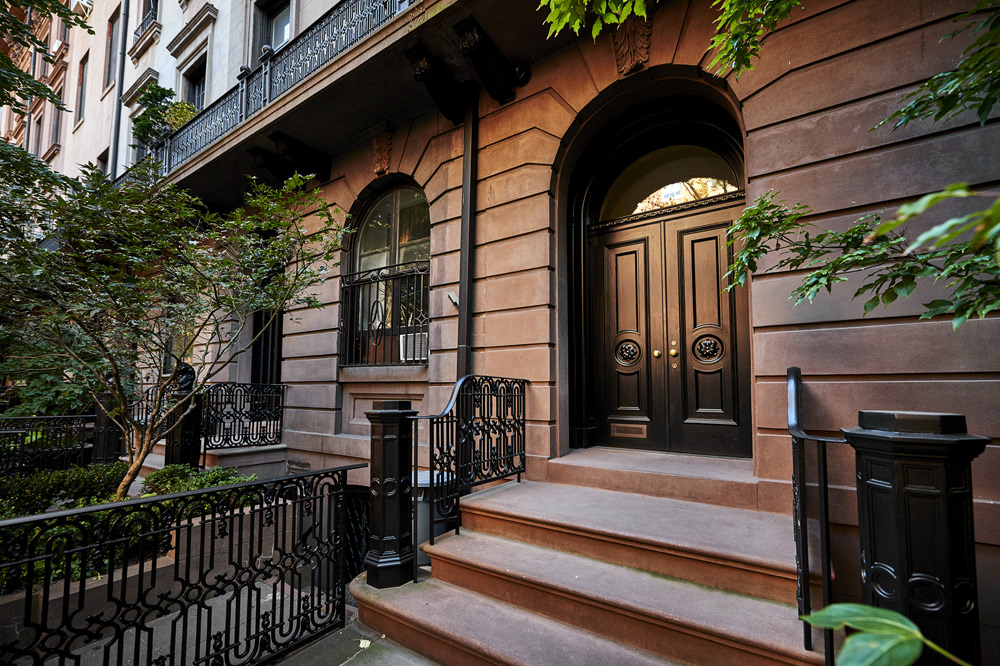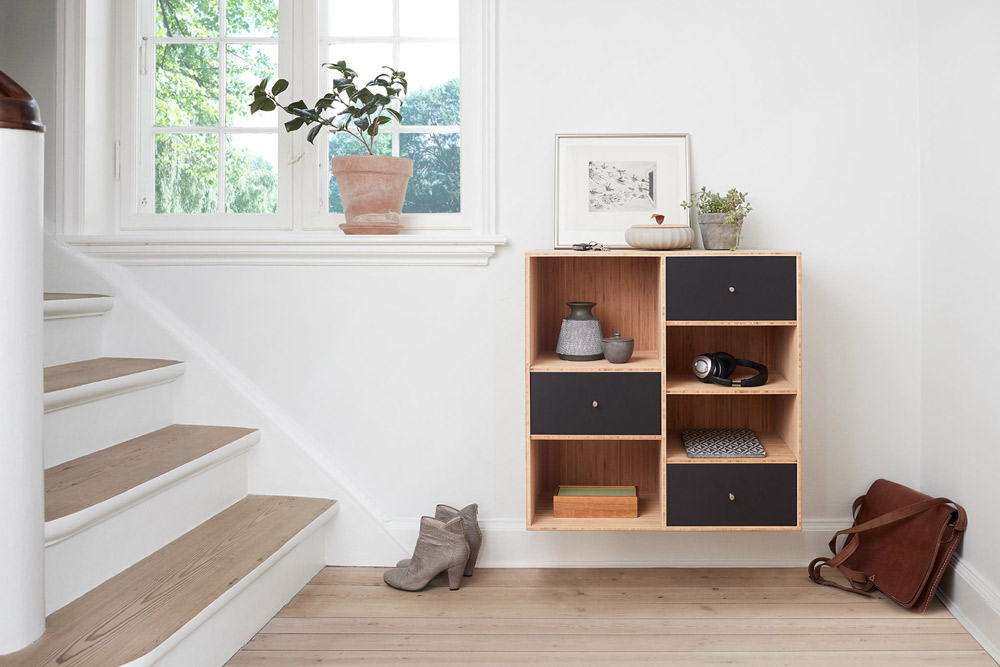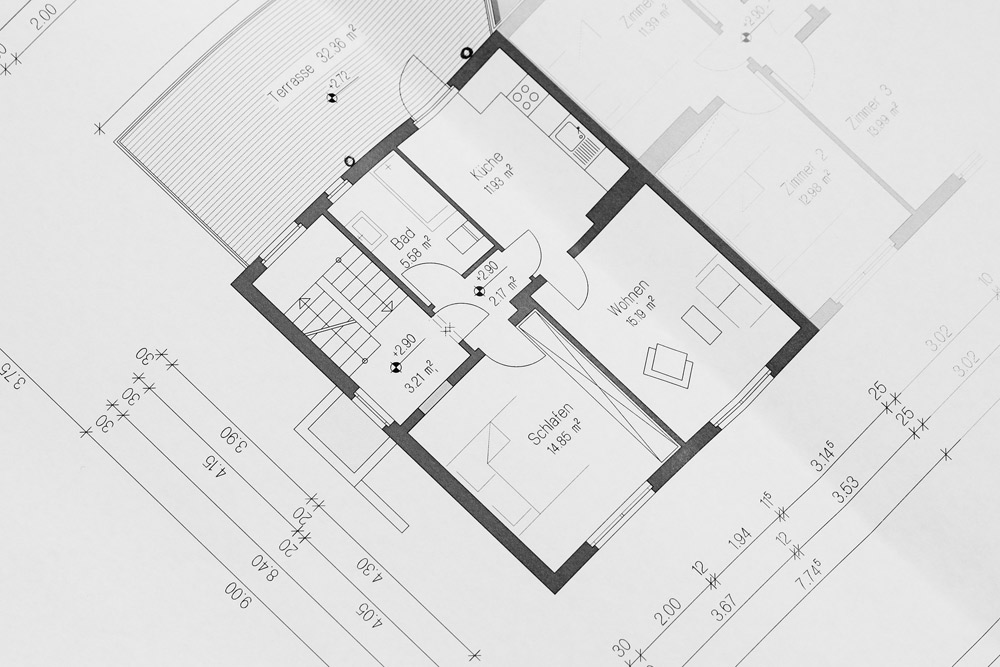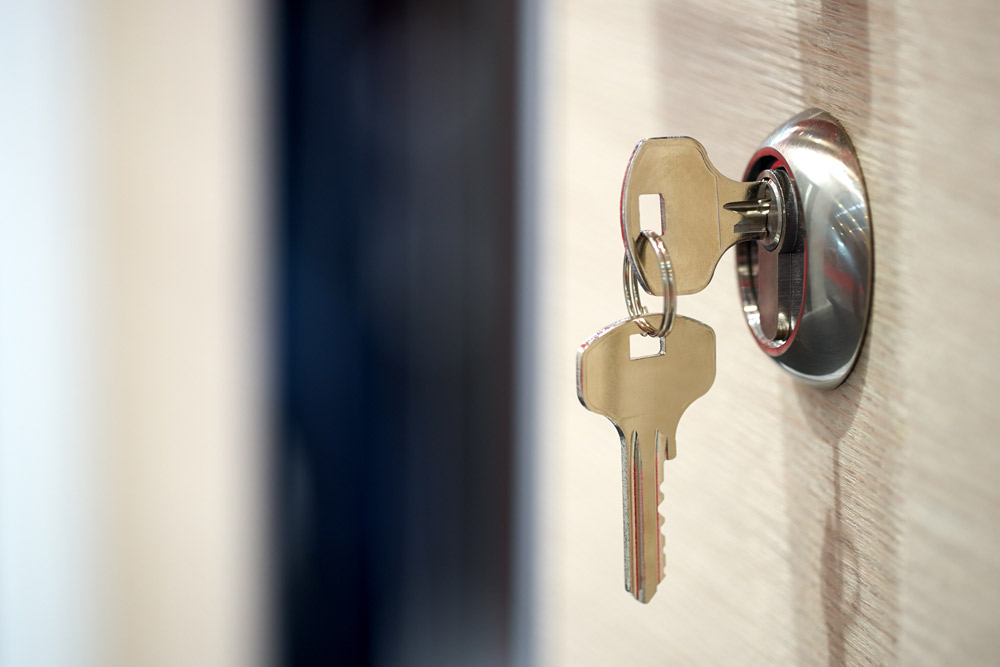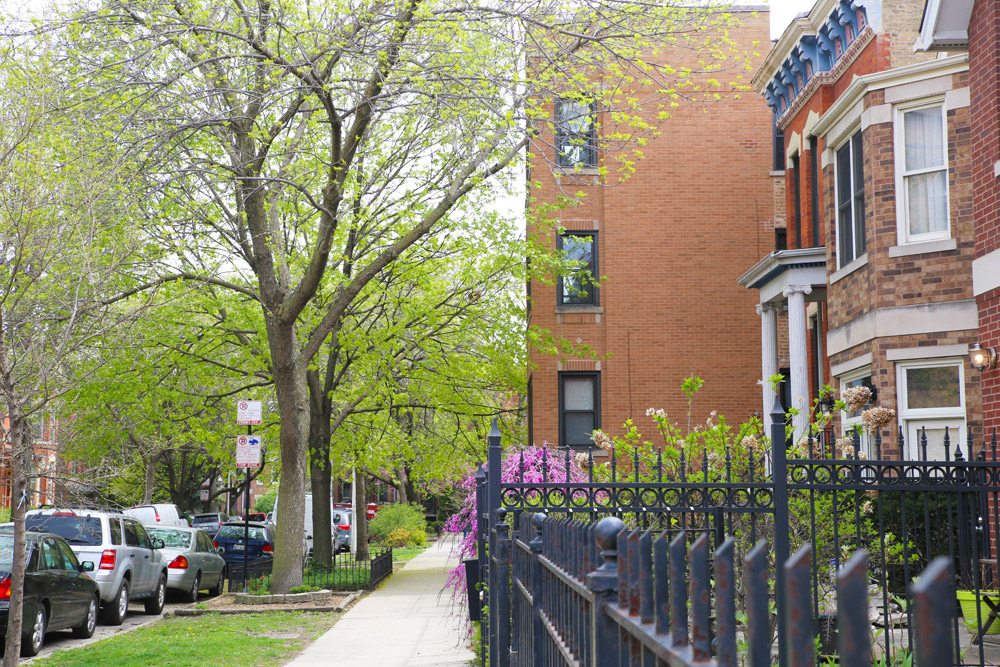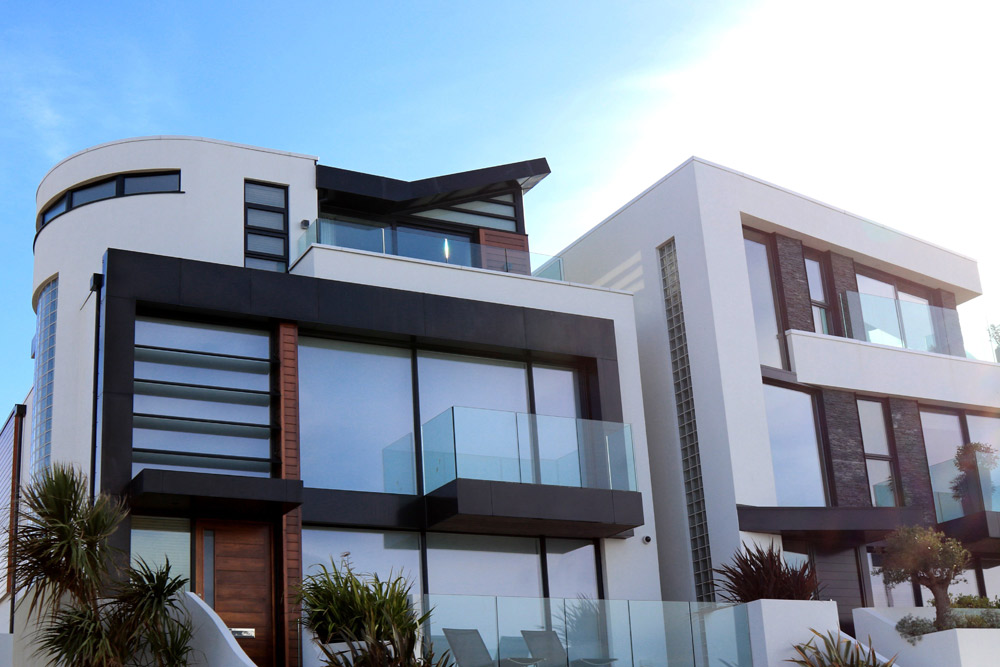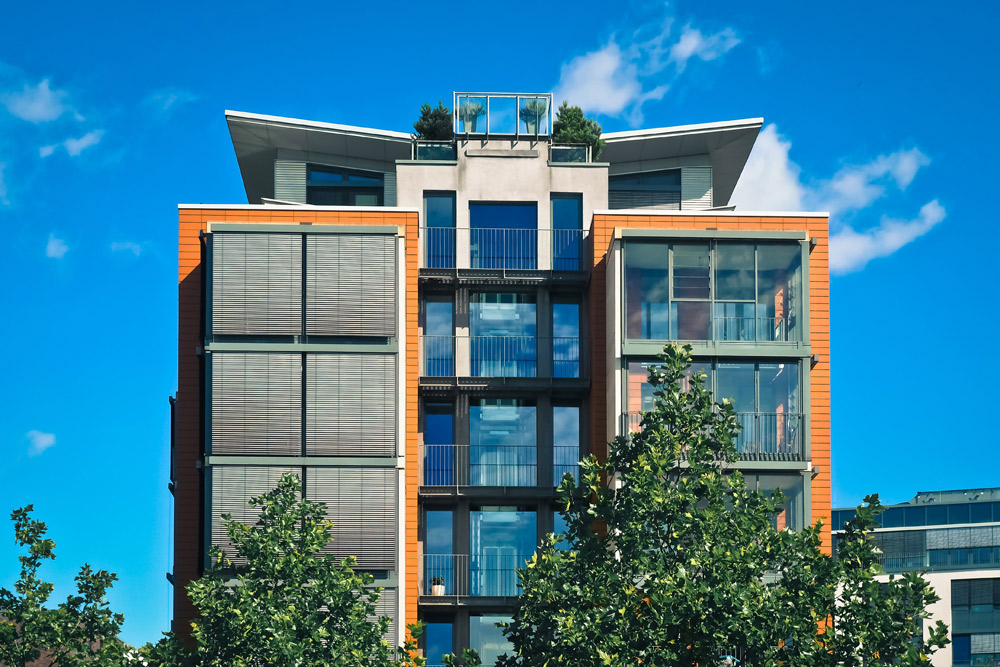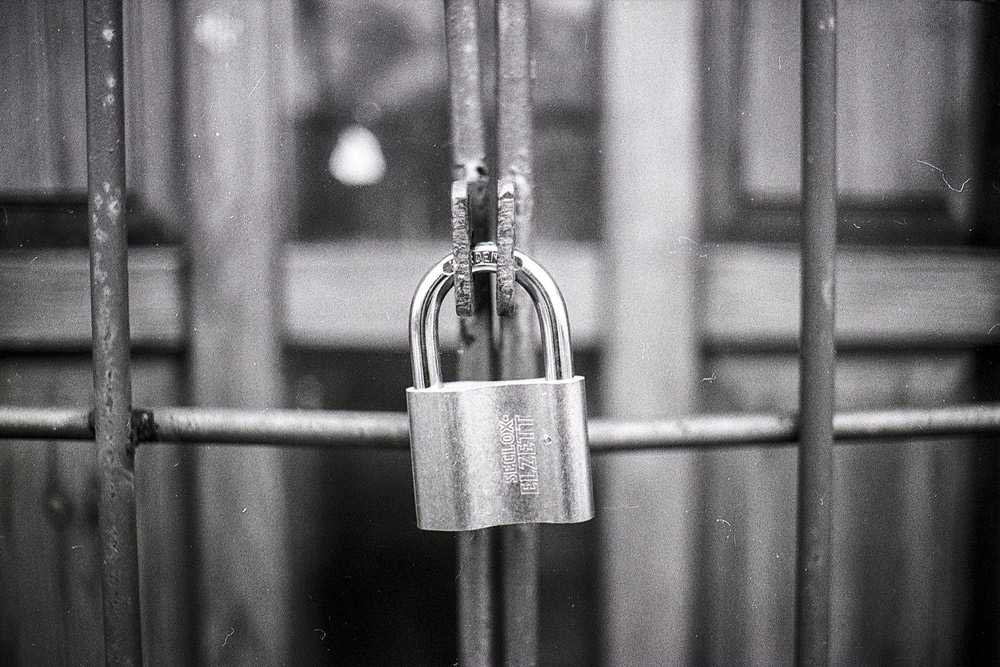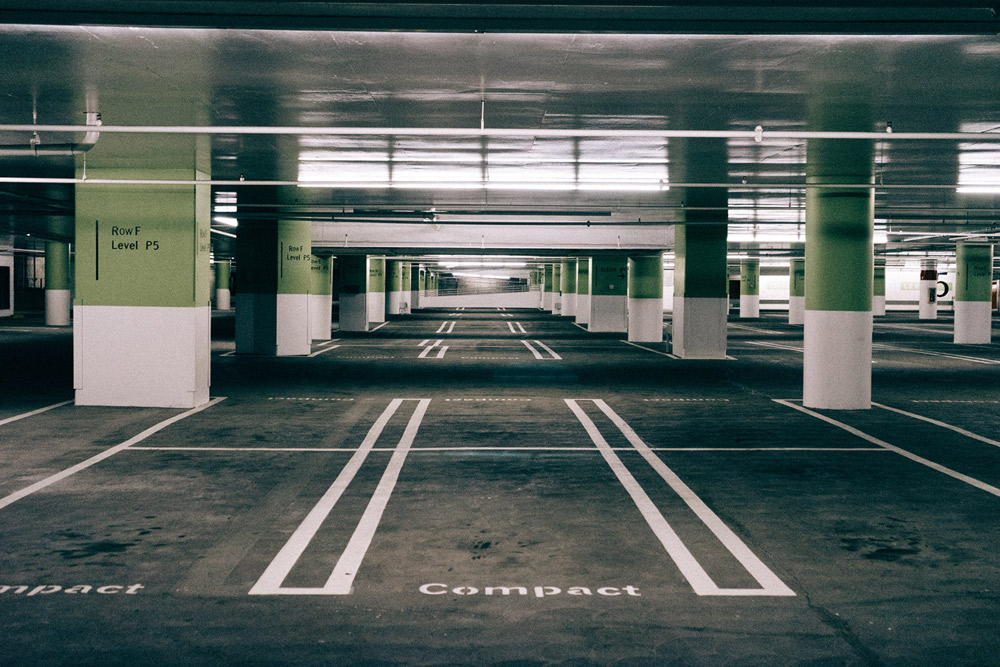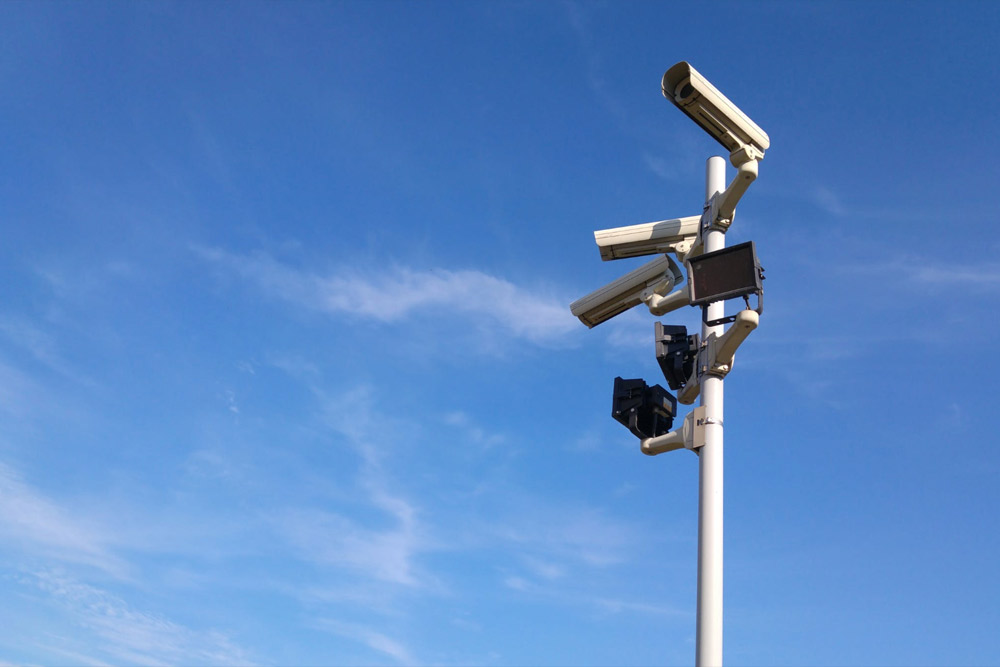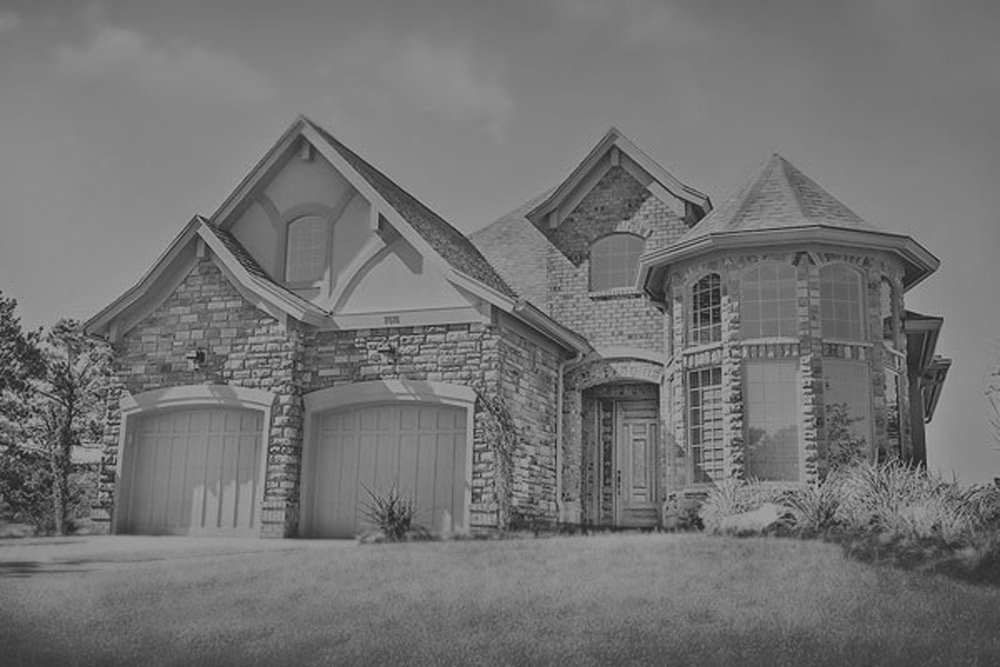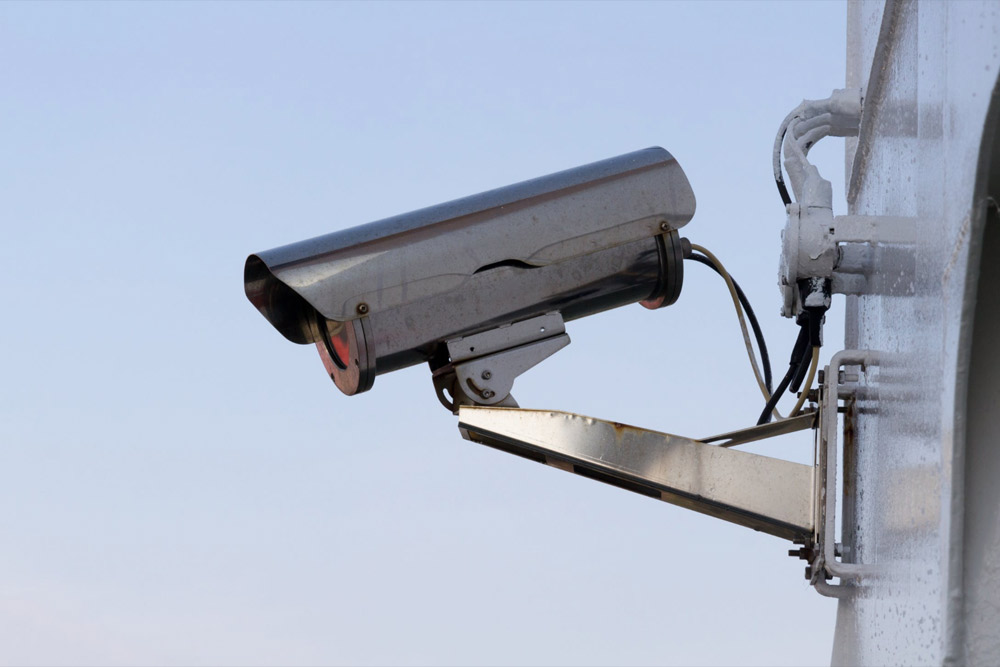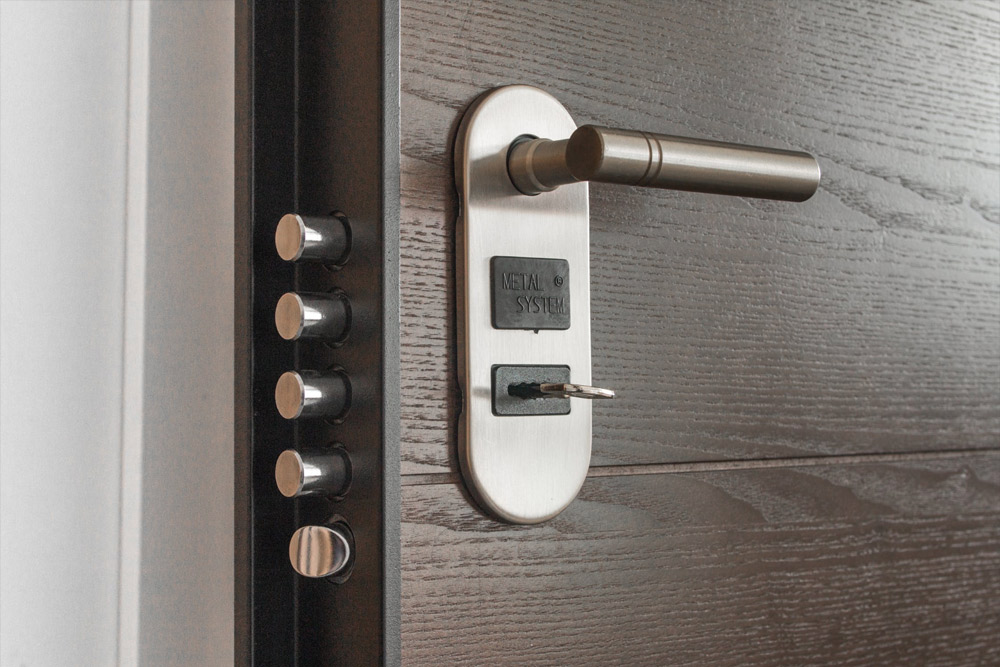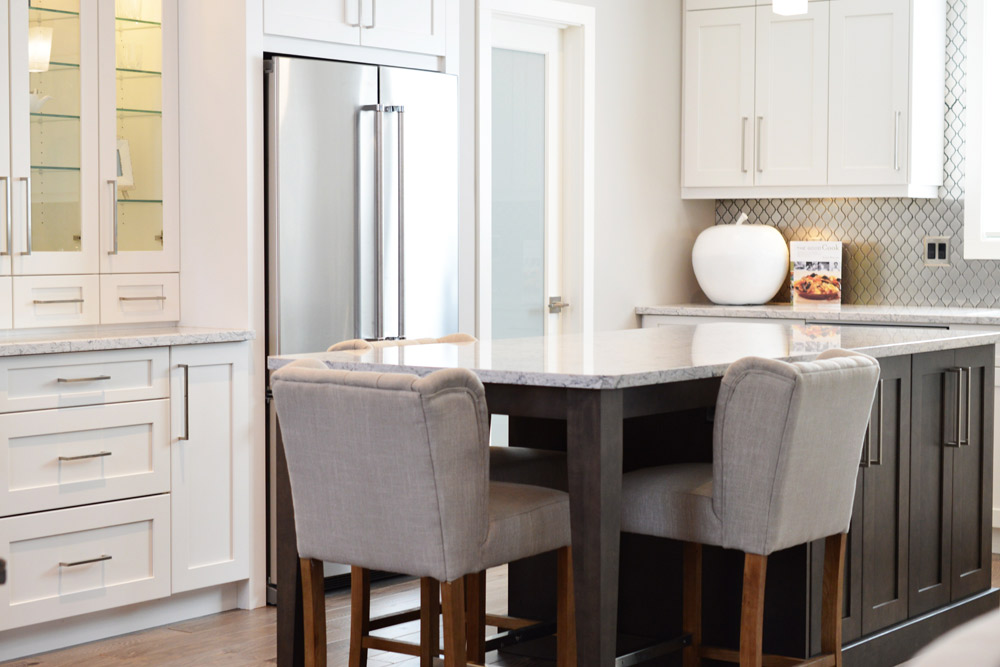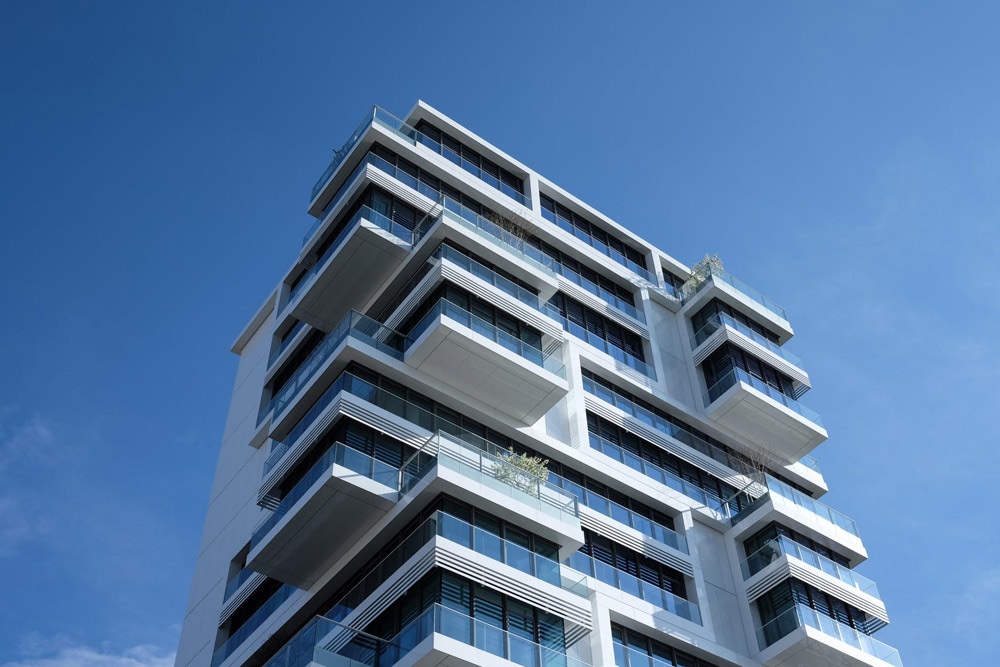When it comes to making the big decision between a condominium and townhome, be sure to first familiarize yourself with the unique advantages each type of property offers.
Here is everything you need to know about condos vs. townhouse to help you choose the perfect home to suit your needs!
A townhome community is made up of conjoined single-family homes that are owned by individual tenants, meaning that each unit may have multiple floors and share one or more walls with the neighboring unit(s).
Townhomes provide an excellent option for someone looking for the perks of a single-family home at a more affordable cost with less maintenance. This means getting to enjoy that perfectly kept front-yard, without having to purchase a lawnmower.
Townhome residents enjoy low-maintenance living with help from the community’s homeowners’ association. HOAs set the rules for the community and maintain responsibility for some or all of the exterior and shared property. Each resident is a member of its HOA, which requires monthly or annual fees to help fund maintenance activities.
While townhome owners own the land that their property sits on, the HOA manages the external maintenance, hence the hassle-free yards.
Due to the proximity of neighbors, townhome residents often feel an extra sense of security in their community. It is easy to get to know the people around you and keep an eye out for each other’s property and suspicious activity, ensuring a better night’s rest and worry-free trips away from home.
Lower turnover rates in townhome communities mean that residents often stay put for longer periods of time than those living in condos, which also promotes better neighbor relations.
If you are looking to socialize with neighbors, townhome communities offer great opportunities through shared living spaces. These areas may include pools, parks, gyms, and recreation rooms for hosting the perfect party.
Despite social opportunities and nearness to neighbors, townhome communities still provide peace and quiet. Thanks to party walls, which divide buildings into separate units, using quality soundproofing and building materials, residents do not have to worry about sound transferring from adjacent homes.
A condo community consists of a single building or multiple buildings with separate units owned independently. Condominiums are often adjacent to other units, and unlike townhomes, may also be situated above or below the other units, particularly if the building is a high-rise.
Due to an large amount of shared common space in condominiums, it is not uncommon for neighbors to cross paths. While the common areas vary depending on the specific condo community, many condo residents share hallways, stairs, lobbies, elevators, parking lots, and common building entries and exits.
Similarly to townhomes, condos are managed by homeowners’ association.
As members and critical voices of the condominium’s HOA, residents are strongly encouraged to attend HOA meetings, which may take place on a regular or annual basis.
While these meetings generally aren’t mandatory, they provide a forum for critical discussion regarding pressing homeowner issues and opportunities to make changes. Changes may include topics such as altering the budget or electing a new board of directors.
Attending HOA meetings also provides a terrific opportunity for residents to better connect with other neighbors and enhance the sense of community.
Before choosing the perfect place to call home, make sure to conduct research regarding extra condominium fees.
Because condos offer residents shared common areas, building maintenance, and landscaping, condo fees are a given. These additional costs allow HOAs to fund, manage, and protect these shared spaces outside of the individual units.
Unfortunately, condominium HOA fees tend to be the priciest out there. These costs can run residents anywhere from $1,200 to $8,000 annually depending on what services the HOA covers.
This gap in average HOA fees is so significant because these fees depend on many variables, such as the community’s reputation, age, and location, as well as the amenities that the condominium offers.
While standard amenities, such as a pool and fitness center, typically run residents around $300 to $500 per month, additional luxury amenities can quickly skyrocket HOA fees.
These upgraded amenities may include outdoor dog facilities, room-service, maid-service, spas, concierge, valet, and 24-hour security. When condominiums provide these extra amenities, monthly HOA fees can easily run residents over $1,000 per month.
If you’re leaning toward a townhome community, HOA fees are still mandatory, but they come at a much lower cost.
Townhome fees are less expensive because the HOA is less involved in property maintenance.
While townhome owners’ monthly expenses are much lower than condo owners, maintenance work can require much higher out of pocket expenses because unit owners are solely responsible for the indoor and outdoor space of their unit.
The HOA fees condo residents pay ensure common space maintenance and upkeep, which may include activities like pest control of common areas and garbage removal.
Some townhome communities also provide luxury amenities, resulting in higher fees for residents. Popular bonus amenities include community pools, spas, gyms, security systems, and gate security guards.
While townhome and condo insurance both tend to run less expensive than single-family home insurance, there are important differences between the two.
The distinction comes down to each property’s legal ownership.
While townhome owners generally possess the land beneath their units, condominium owners only claim ownership of their units. The land is collectively owned by all of the other condo owners in the complex.
Condo associations take some of the insurance burden off the owners by providing partial coverage, but individual condo owners still need additional protection through individual homeowners insurance policies.
Before determining what coverage a condo owner needs, it is critical to first examine the condo association’s policy found in the HOA’s declaration pages. Often condominium HOA insurance policies will cover the common areas and most of the building’s exterior: However, individual owners are responsible for the inside of their unit.
Individual condo insurance, known as HO-6 insurance, covers the interior of each condo unit, the condo owners’ possessions, and provides the owner with a liability policy.
The average cost of a homeowner’s insurance policy for an Illinois condo runs approximately $365 per month, which is relatively low compared to the rest of the country.
Townhome insurance, known as HO-3, generally works the same as insuring a detached single-family home. The insurance policy covers the unit as well as any outdoor space the owner has title to.
Townhome insurance coverage is more expansive than condo insurance. This is partly due to the fact that owning a townhome comes with more risk due to increased property possession and liability.
Purchasing a home is a big decision, and it is always beneficial to think ahead. Considering condo vs. townhome resale value is essential to ensure long-term potential value of your property.
If you are leaning towards a condominium investment, the good news is that these properties typically sell much quicker than single-family homes, even in a down-market, due to lower costs.
In order to ensure higher resale values, buyers need to carefully select condo units. It is important to take into consideration factors such as resale history of other units in the building, current property values, and the local real estate market.
When condo owners are ready to resell, it is also critical to get up to speed on the condo association’s rules and guidelines as to what can be done with the units. Associations may place limits on who the condo may be sold to, buyer pre-approval and where you place for-sale signs.
In order to set your home apart from the other surrounding condo units and communities, it is critical to highlight your condo’s assets and neighborhood amenities. Determining a competitive selling point is also crucial to the success of your resale.
The process of reselling a townhome closely mirrors that of a condo. However, sellers have found that townhomes tend to have lower resale values.
Not only can it be more difficult to fill a townhome community, but it is often harder to obtain financing for townhomes. This is due to the increased liability of owning both the land and the physical structure.
On the positive side, determining a fair selling price of a townhome is fairly easy because of the many similar properties in the community.
When listing a townhome, it is also critical to highlight the amenities of the community and the HOA dues that the buyer will encounter.
Finding a worthwhile investment, whether that involves the purchase of a condo or townhome, involves finding a desirable location and community. Here are a couple of questions you may want to ponder to figure out if you’ve found an ideal area for such an investment:
- Is the property in an area where properties are in demand, such as near a college or university?
- Is the property in an area that is getting less popular or more popular?
- Could a major employer in the area close down and cause rental/purchase demand to decline?
- Could a new condo development be built nearby, requiring expensive improvements to compete?
Now that you have more information regarding condos vs. townhouses, it may be time to make that big decision. While both options offer homeowners unique benefits, it is all about finding the property that best fits you!


